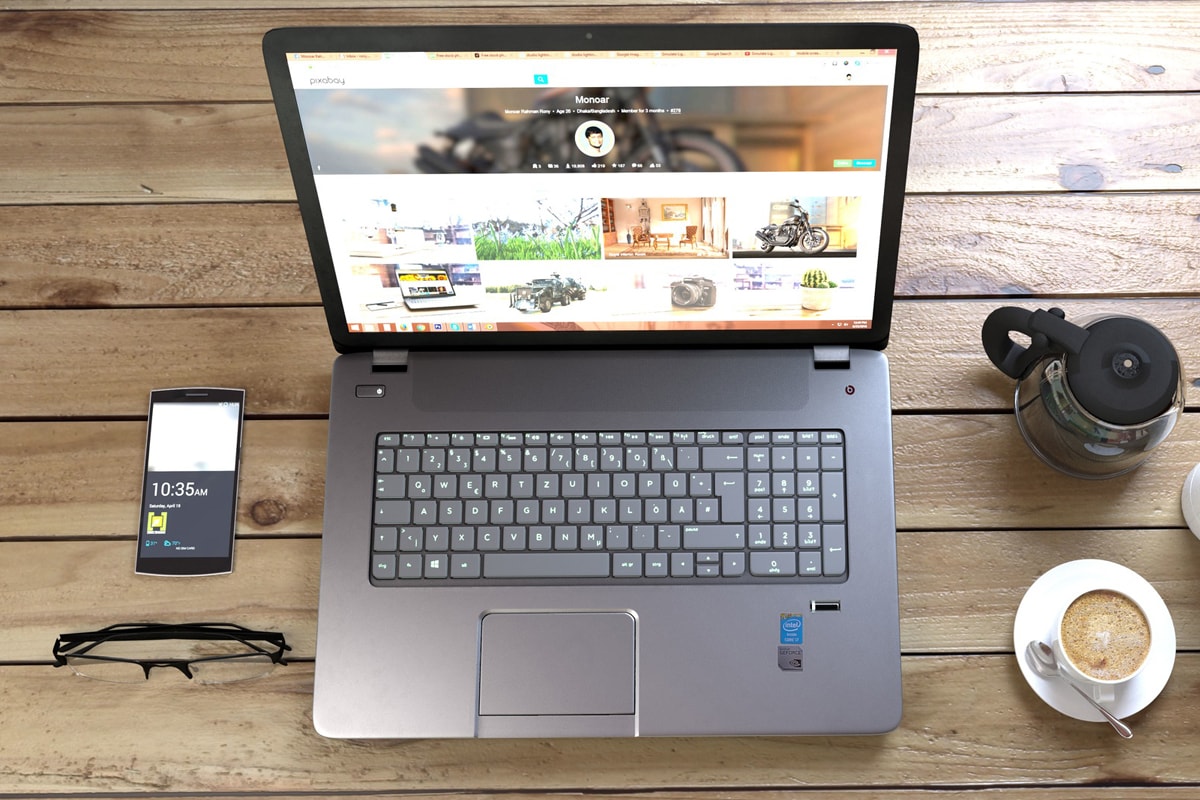Batteries aren’t meant to last forever, and that includes the battery that powers your laptop. It might seem like the power source that gives life to your device should be the tech equivalent of an everlasting gobstopper, but as with any other battery, your laptop battery has a life cycle, one that ends at some point.
It’s important to keep an eye on your laptop battery’s health for that very reason: it can, and likely will, die at some point, and you don’t want to get stuck replacing it in a pinch. Plus, just because the battery has died doesn’t mean you need to buy a new laptop.
Most laptops use lithium-ion batteries as the power source, and as a general rule, this type of battery tends to lose charging capabilities. This can cause your laptop battery, which once held a full charge of 100%, to be limited to, say, over 30% over time.
This can obviously interfere with your productivity — and also your laptop’s efficiency. Laptops are meant to be portable, but if you can’t move it from one place to the next without the battery dying, it can cause issues with how useful your device is to you.

